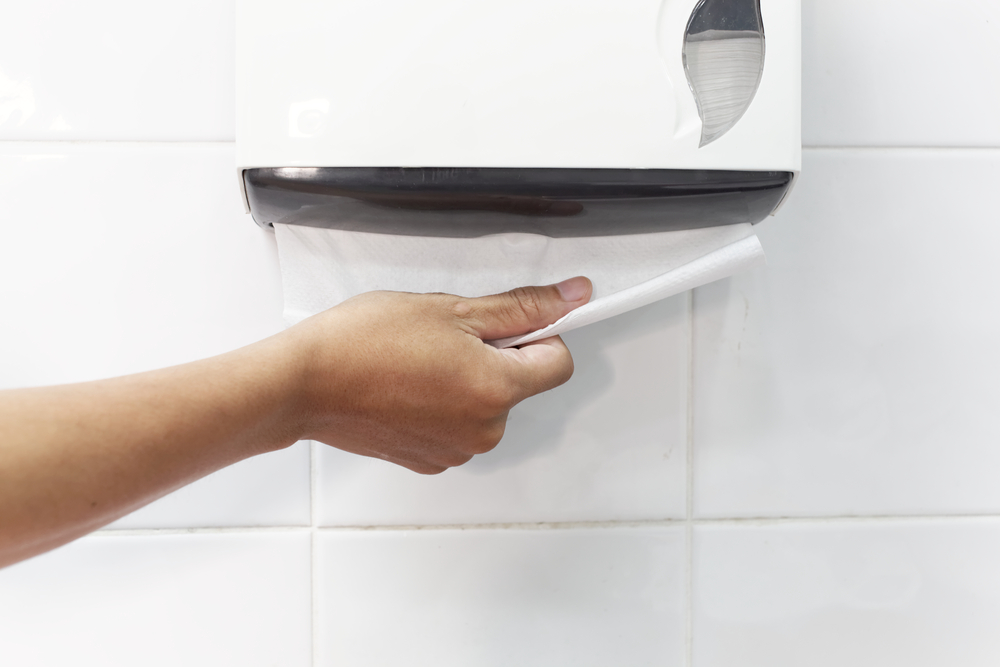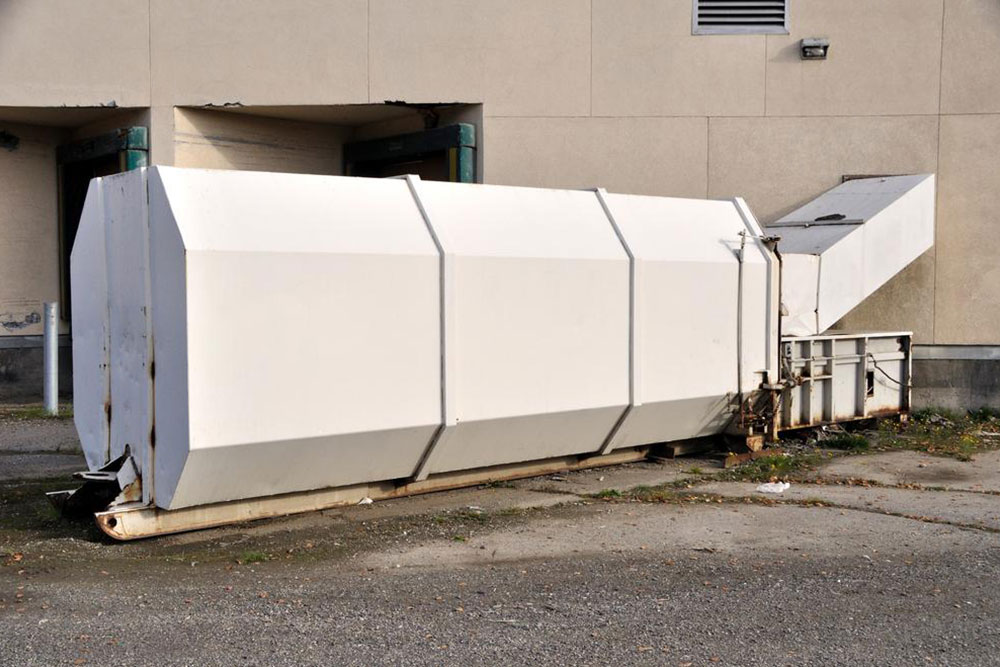Types of Commercial Paper Towels and Dispenser Options
Explore the various types of commercial paper towel dispensers available, including center pull, multi-fold, and controlled output models. Learn their benefits and drawbacks to choose the best option for your business or facility, with an emphasis on waste reduction and efficiency. These dispensers are suitable for use in restaurants, restrooms, and public spaces, ensuring hygiene and cost savings.

Types of Commercial Paper Towels and Dispenser Options
In commercial environments, paper towel dispensers are essential for maintaining hygiene and convenience. These dispensers can operate manually or automatically and are commonly found in kitchens, restrooms, restaurants, and public spaces for hand drying. Several varieties of dispensers are available to suit different needs, each with its own advantages and disadvantages. The three main types include center pull dispensers, multi-fold dispensers, and controlled output roll towel dispensers. Here’s an overview of each type.
Center pull dispensers
Ideal for gas stations and quick-service locations, these dispensers are simple to use and easy to load with paper rolls. However, they can suffer from roping issues, where the paper unwinds improperly, and may be less effective for hand drying since users need to pull and unwind the towel manually.
Multi-fold dispensers
Commonly seen in public restrooms, these units, also known as C-Fold or single-fold dispensers, can be mounted on walls or fitted under counters. One challenge with this style is overuse, leading to waste as users tend to pull more towels than necessary.
Controlled output roll dispensers
These versatile units come in various forms, such as battery-powered, lever-operated, or mechanical hands-free models. They allow for limited towel dispensing per use, reducing waste and promoting efficiency. Although they may dispense towels more slowly, their ability to minimize wastage makes them highly popular.
Of these options, controlled output roll dispensers are most widely used due to their waste reduction capabilities.
Note:
This blog provides helpful insights across multiple categories, offering valuable information for readers. While the content is based on research, it should not be considered definitive. The web team is not responsible for discrepancies or inaccuracies, nor for promotions or deals not covered here. Readers are encouraged to verify information independently.









